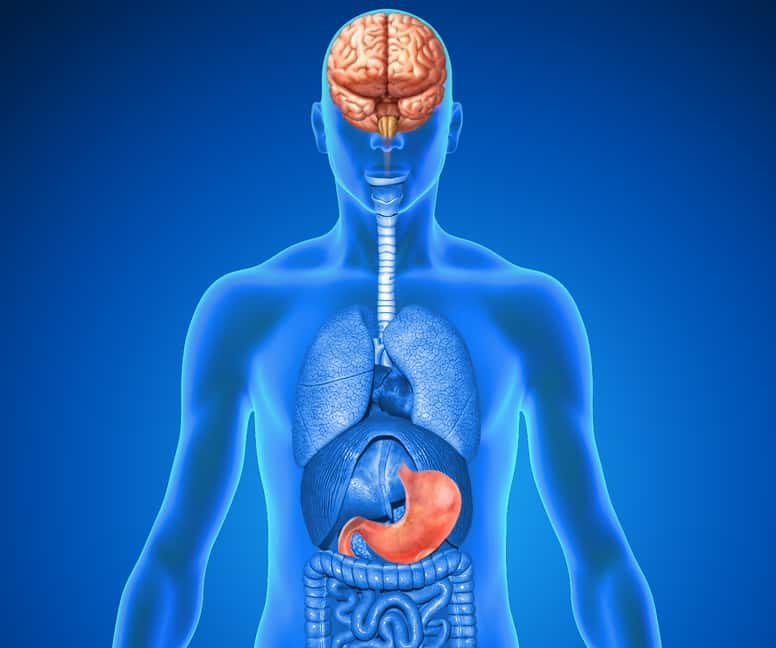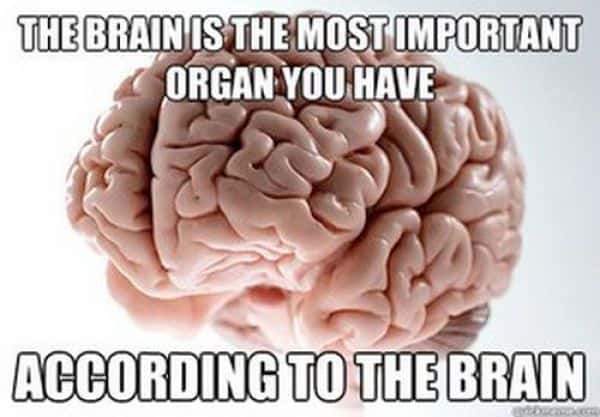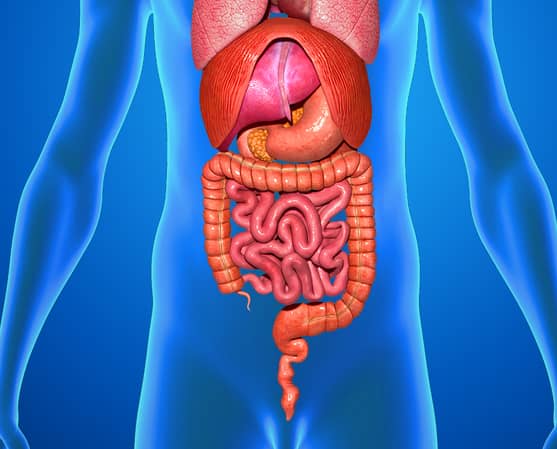Table of Contents (click to expand)
The enteric system lines the digestive tract, which consists of millions of neurons that communicate with the brain and let us feel the emotions that our brain is dealing with. That’s why your stomach gets ‘clenched up’ in knots when you’re stressed or you ‘feel butterflies’ when you’re too excited.
You have probably heard people using phrases like ‘a gut-wrenching experience’, ‘I feel as if my stomach is clenched up in knots’ or the most common of all, having ‘butterflies in my stomach’ in response to an emotional situation.

Has it ever crossed your mind that all of these phrases feature an unmistakable, direct reference to the gut/stomach? Why do you think that is so?
Why Do We Feel So Many Emotions In Our Stomach?
Short answer: Just as the stomach can impact one’s mood and behavior, emotions can also impact the stomach. Something known as the enteric system lines the digestive tract, which consists of millions of neurons that communicate with the brain and let us feel the emotions that our brain is dealing with. That’s why your stomach gets ‘clenched up’ in knots when you’re stressed or you ‘feel butterflies’ when you’re too excited.

However, before we further investigate the connection between the gut and the brain, let’s take a quick look at the most important aspect of this article – the enteric nervous system.
Also Read: What Is A Gut Feeling?
What’s The Enteric Nervous System?
The enteric nervous system is a section of the nervous system that governs the functioning of our gastrointestinal tract.
We all know that the brain is the commander-in-chief when it comes to handling various processes that go on inside the body. It communicates with every organ of the body and ensures that they all work in tandem with one another. It also helps us make decisions and manages our thoughts and beliefs. That’s why the brain is the most critical component of our nervous system.

That being said, there is another organ, in fact, the only organ inside the body that has a little nervous system of its own – the gut. It boasts sheaths of neurons embedded in the lining of the esophagus, stomach, small intestine and colon.
What this means is that the gut basically has a mind of its own, and it’s called the enteric nervous system (ENS) or the intrinsic nervous system. Often referred to as the ‘gut’s brain’ or ‘the second brain’, the ENS sends and receives impulses and experiences and responds to a variety of emotions.
It consists of a complex network of neurons, proteins and neurotransmitters that help it communicate with the brain directly, and in that sense, also enables it to act independently (Source).

Considering that the ENS has its own independent activity, it is now generally regarded as being separate from the autonomous nervous system (the control system that acts primarily involuntarily and regulates bodily functions, such as digestion, urination, the heart rate, the respiratory rate and pupillary response).
The Connection Between Emotions And The Gut
As we discussed earlier, the brain is connected to the ENS and therefore has a direct effect on the stomach. Due to this connection between the two, emotions like happiness, sadness, anxiety, disappointment etc. can trigger symptoms in the stomach.
Experiencing these emotions can trigger physical and chemical responses in the body that sometimes manifest as pain and discomfort. You see, the gut is a tube consisting of circular muscles that help push the food down the digestive system all the way to the anus. Under normal conditions, i.e., when you feel normal emotionally, the muscles function in a coordinated way and you don’t feel anything unusual.

However, when you are stressed, the muscles in the GI tract fail to function in a coordinated manner and end up ‘fighting’ with one another. This can adversely affect the movement and contractions of the GI tract, which can result in a mild pain in the stomach (Source).
The butterflies in the stomach feeling is associated with the fight-or-flight response of the human body. It happens this way: when the brain perceives that there is an imminent threat to the body’s survival, it preps the body to deal with the situation, i.e., either deal with the threat (fight) or escape from it (flight).

The nervous system triggers an increase in blood pressure, heart rate and breathing rate, and instructs the adrenal glands to release hormones like adrenaline and cortisol. It also causes muscle tension in the chest and abdomen and redirects blood to the parts of the body (like muscles in the legs and arms) where it’s needed the most, and restricts blood flow to the gut, which temporarily stops digestion to deal with the potential threat.
All of these temporary physiological changes in the body cause those weird sensations in the stomach when you are stressed/emotionally excited.
The main takeaway from all of this is that just as the gut can affect mood and behavior, the brain can also make the stomach ‘feel the heat’.

Also Read: Why Does Your Stomach “Drop” When You’re Anxious?
How much do you know about the stomach and how emotions impact it?

References (click to expand)
- The gut-brain connection - Harvard Health. Harvard University
- Furness, J. B. (2012, March 6). The enteric nervous system and neurogastroenterology. Nature Reviews Gastroenterology & Hepatology. Springer Science and Business Media LLC.
- The Enteric Nervous System: The Brain in the Gut - webprojects.oit.ncsu.edu
